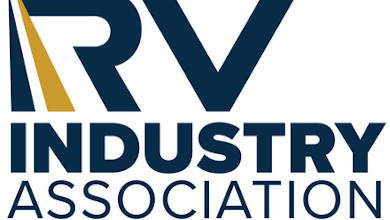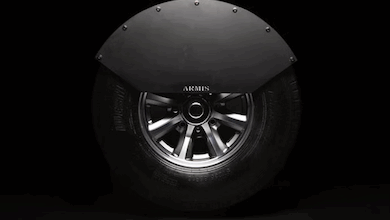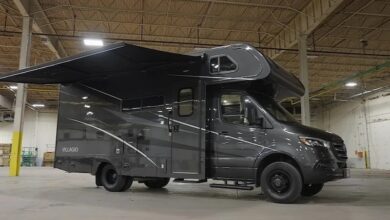RVIA Still Contesting California’s Recent SORE Regulations

Last week, the RV Industry Association submitted a letter to the California Air Resources Board (CARB) requesting a distinction between fixed-mount stationary generators, which are used in RVs, and portable generators, which are more clearly the focus of the California board’s recently approved regulation on small-off road engines (SORE).
The recently approved SORE regulation, which includes the engines which power RV generators, will require these engines to be zero-emission by the 2028 model year and will impose new evaporative emission standards beginning in model year 2024. While CARB said it believes the ban will drive companies to develop zero emission solutions, at this time, zero emission solutions are deemed to be neither technologically feasible nor cost-effective.
RVIA put together a coalition of suppliers, manufacturers and dealers who testified before CARB in December in opposition to the proposed regulation. Despite these efforts to have RV generators exempted from the regulation, the 2028 ban was approved by the board as proposed by CARB staff. CARB acknowledged during the approval that the ban creates challenges for the RV industry.
As predicted, the ban is already having a negative impact of the RV industry. Earlier this month, Cummins, the supplier of the overwhelming majority of RV generators, recently sent letters to RV manufacturers indicating that Cummins was unlikely to have any gas-powered generators available for 2024 that would be able to meet the new CARB standard. Diesel-powered generators were not included in the regulation and will not be affected.
This could mean that RV manufacturers will no longer to be able to ship any RVs with gas-powered generators to dealers in California for sale in that state. California residents wishing to purchase an RV with such a generator would be forced to buy in other states.
In the most recent letter to CARB, RVIA reiterated its request that CARB staff make an effort to differentiate fixed-mount stationary generators used in RVs from the portable generators, which were the main focus of the regulatory measure.
The association also recommended that these fixed-amount RV generators be granted more time to comply with both the 2024 and the 2028 standards. Specifically, the association requested that, for fixed-mount generators, compliance with the MY 2024 standards be delayed until MY2028 and that compliance with the zero emission standards be delayed until MY 2035 unless the planned technology review indicates that affordable zero emissions systems for the RV sector will be readily available at an earlier date.
For more information on this issue, contact RVIA Director of State Government Affairs Mike Ochs at mochs@rvia.org.



